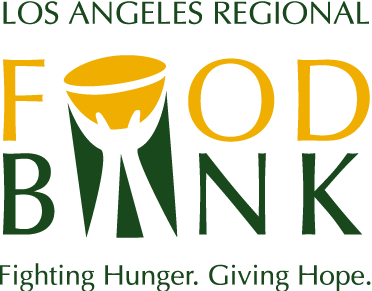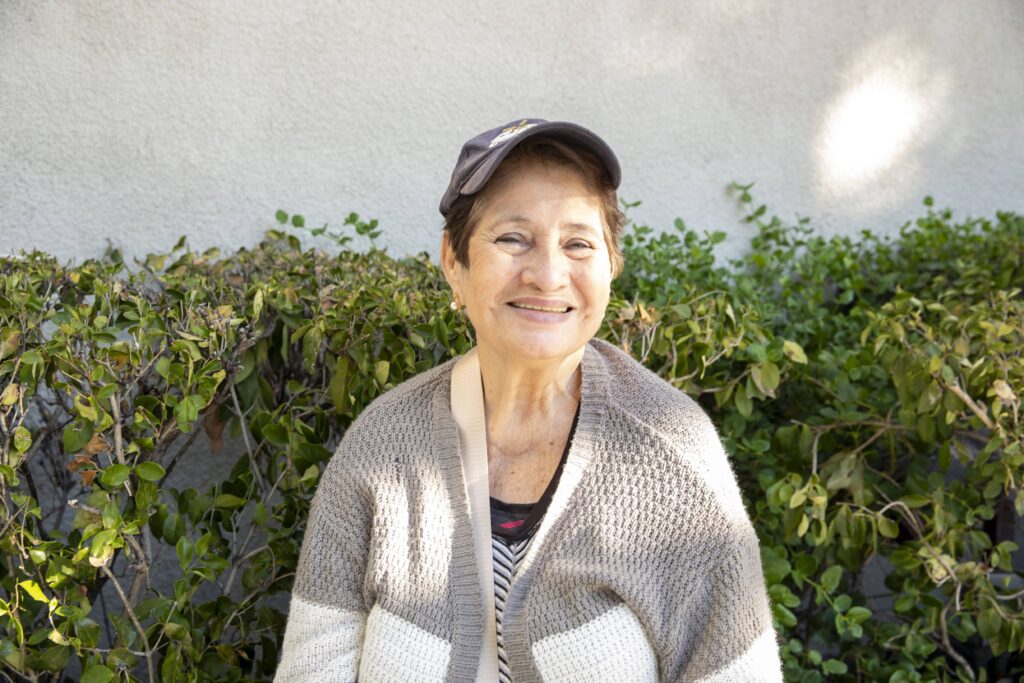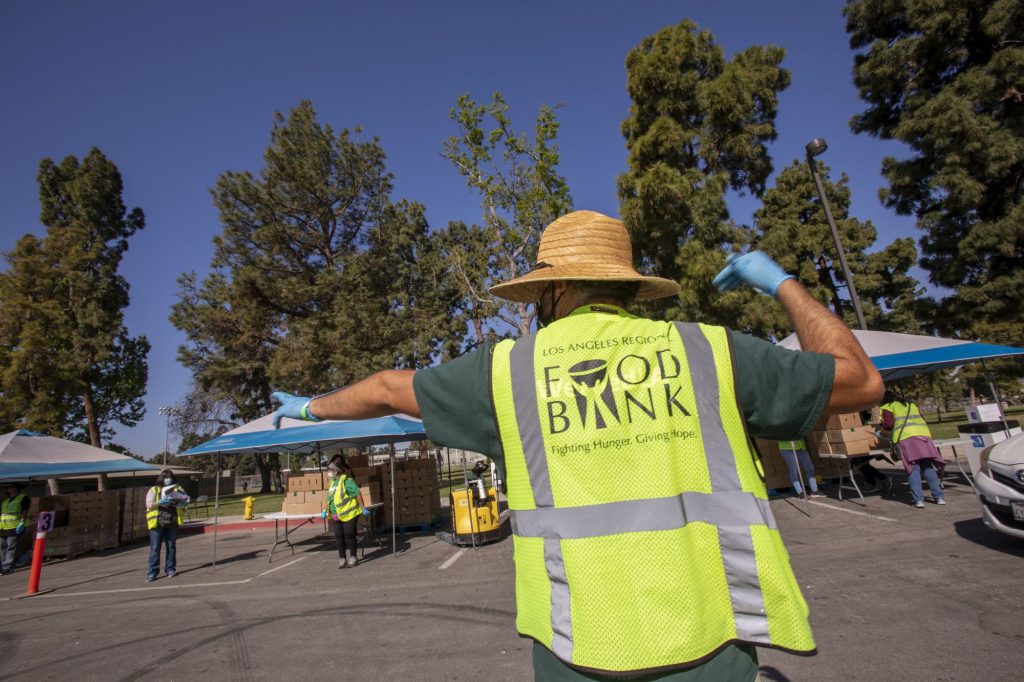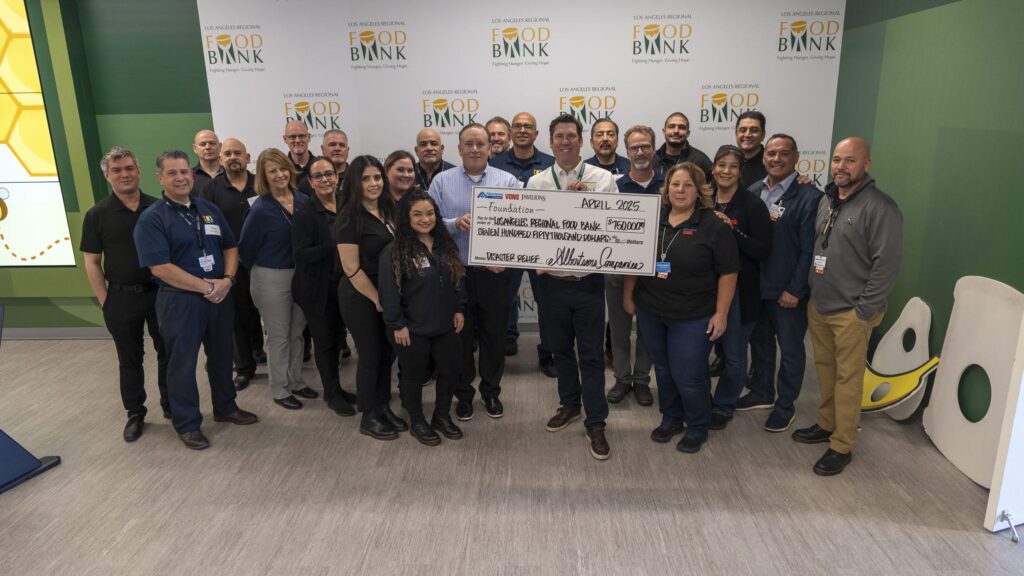LA Times Today: LA Regional Food Bank Steps Up
LA Times Today: LA Regional Food Bank Steps Up
The LA Regional Food Bank Steps up Amid Coronavirus Pandemic
Since 1973, the Los Angeles Regional Food Bank has been working to provide food to children, seniors, families and individuals in need. Since the Coronavirus outbreak, the Food Bank is working harder than ever to meet the increased demand.
The Food Bank is a nonprofit organization, bringing in donated food from a variety of sources and distributing that food out to a network of 600 other organizations, and through direct distribution programs. The Food Bank warehouse facilities don’t serve meals, but those who are in need of food can call 211, or visit LAFoodBank.org/findfood in order to receive food assistance.
Back-to-Back Record Weekly Distribution
On a weekly basis during “normal” times, the Food Bank has more than 1 million pounds of food flowing through two large warehouse facilities in Los Angeles. In the week ending on March 21, the Coronavirus has caused the need to surge 20%, and Food Bank distribution volume to partner agencies and directly to people set a record with 1.6 million pounds distributed (the equivalent of 1.3 million meals). The following week ending on March 27, set another record of 2 million pounds of food being processed by the Food Bank’s two warehouses, surging a whopping 49% when compared to the same week in 2019.
Food Banks in Times of Disaster
It’s important for every community to have a strong Food Bank. Food Banks help lower-income communities all year round and also help those who are displaced by fires, earthquakes and pandemics. Food Banks are a critical part of the social safety net, and it’s a good idea for everyone to support their local food banks by donating and volunteering.
The Coronavirus disaster is different from a fire or earthquake and almost feels more like a slow-rolling disaster. It doesn’t have geographic boundaries and it is impacting people of all types and in all locations. Some of the necessary precautions taken by officials do make volunteer activity and food distribution a bit tricker, but the Food Bank is responding quickly by incorporating additional safety measures to both volunteer activities and food distribution events.
In times of Disaster, the Food Bank works in conjunction with other nonprofit organizations such as the Red Cross, the Salvation Army and a coalition of organizations called the Emergency Network of Los Angeles (ENLA) who also work with the County Office of Emergency Management, City of LA’s Department of Emergency Management and other cities and organizations that are responding to the disaster.
Food Bank Employees are Passionate About Helping
Carlon Alexander, Production Supervisor, describes how members of the LA Regional Food Bank staff want to come to work, and realize they need to help. “There are people who don’t have help,” says Carlon, “and if I was in that situation, I’d want people to help me.”
“We pack with love – we don’t just pack things into a box,” said Valerie Rodriguez, Lead Warehouse Supervisor. “When we look at a box, we say what would my family want to have that is nutritious?”
The Best Way to Help is to Donate
As of the time of this writing, the Food Bank’s inventory is robust, but if the need remains high for weeks on end, the situation could change. The Food Bank has started to purchase some commodity items to supplement the donated food. The Food Bank has also incurred unplanned expenses modifying and supplementing the volunteer program, which is a critical element for food banks.





